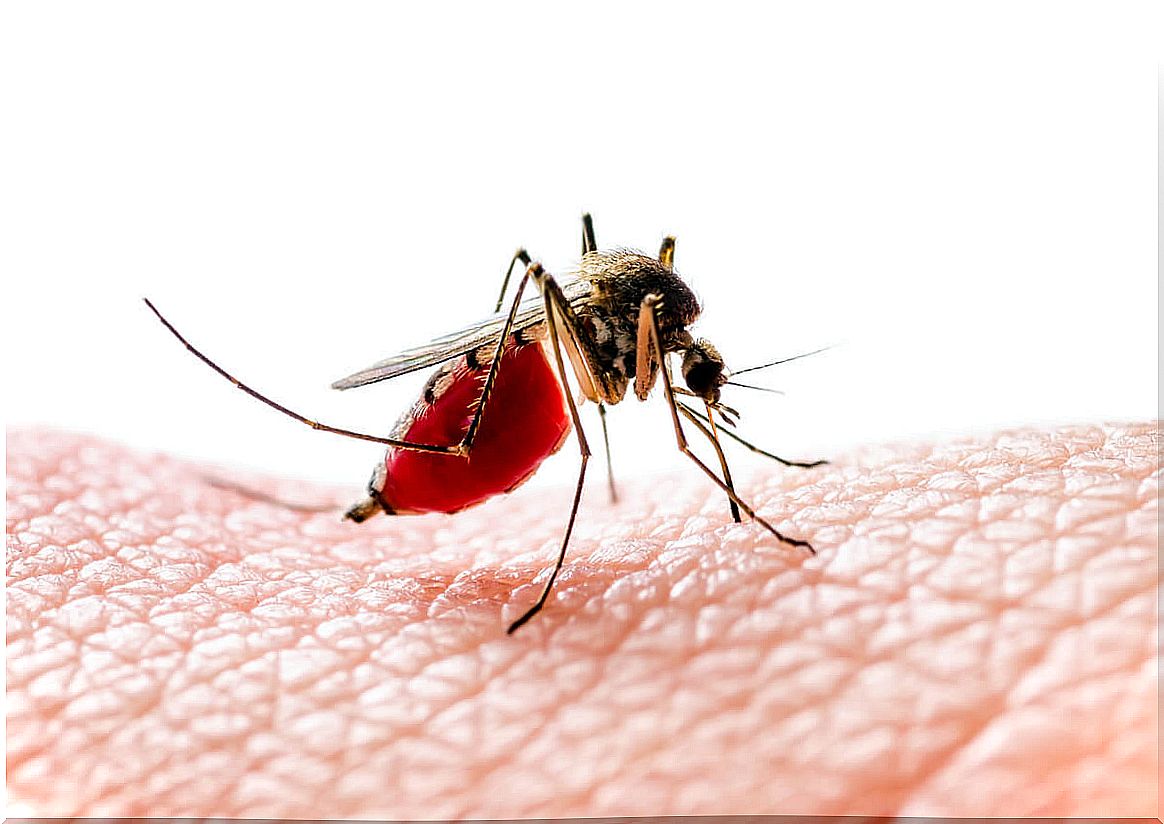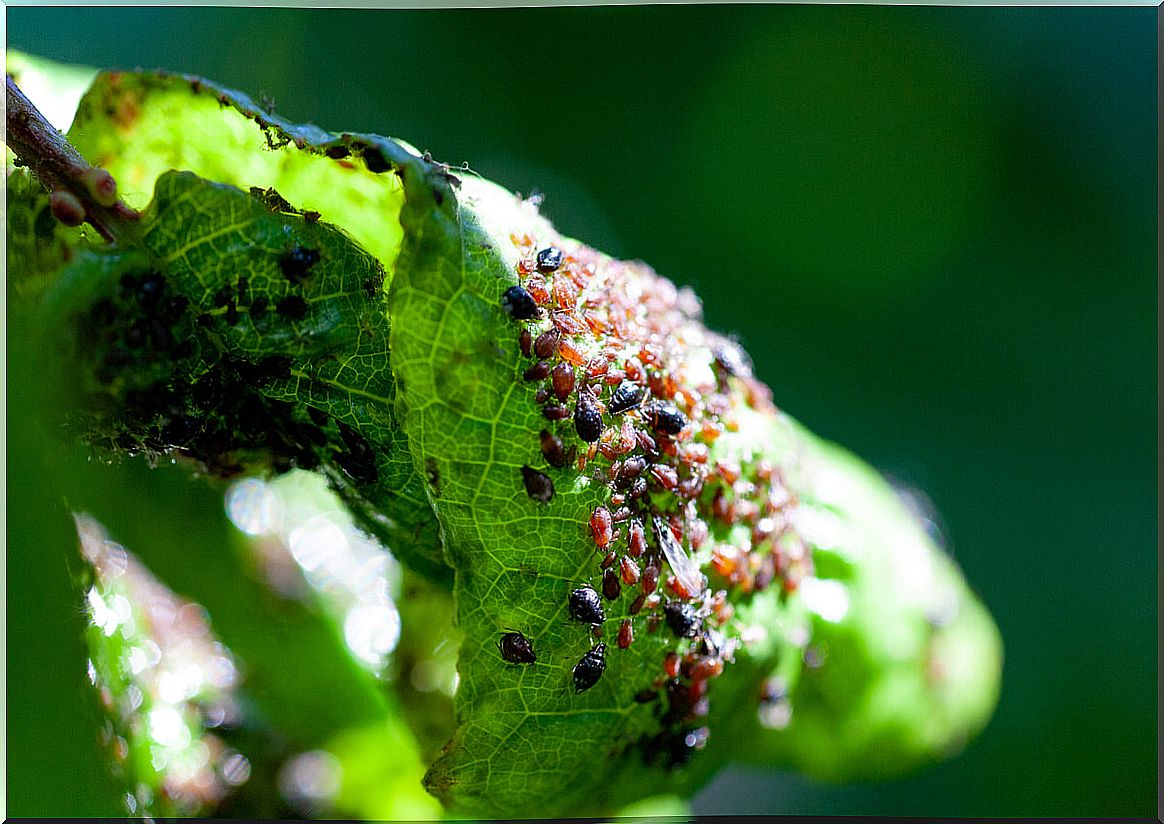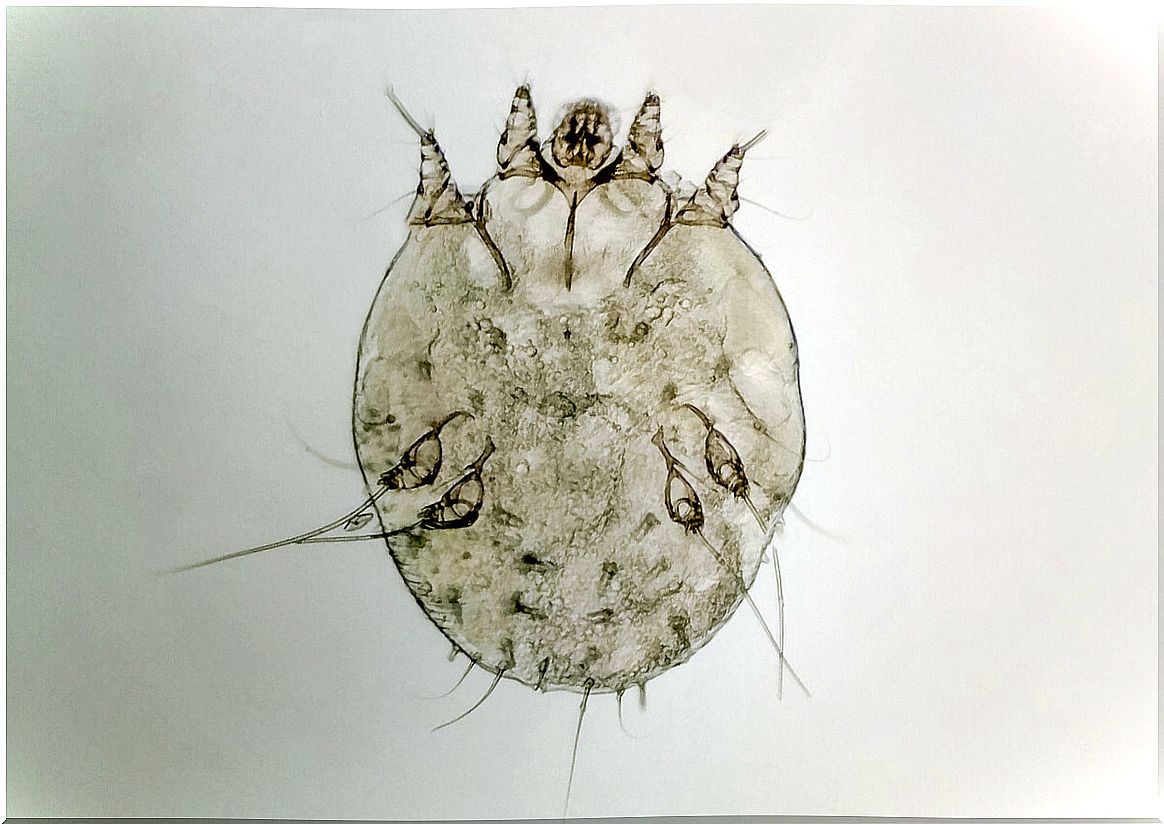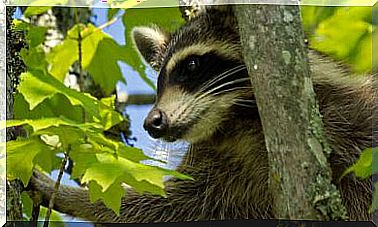Why Are Parasites Important To Ecosystems?

Parasites are a type of organisms that take advantage of the resources of other animals to survive and reproduce. Traditionally, humans have considered them as harmful because they often give problems to livestock and pets. However, they play a crucial role in balancing ecosystems. Keep reading if you want to know more.
The importance of parasites
Parasites are a very important part of life on earth. Almost all animal taxa have parasitic representatives, including exclusively parasitic phyla, such as myxozoans . To give us an idea of the importance of these animals on life on earth, it is estimated that between 50-70% of animal species are parasitic at some point in their life cycle.
In the microscopic world, viruses are the paradigm of parasitism, since they only perform vital functions by being parasites of cells or bacteria. Going deeper, we will see how parasites have been and are essential for evolution.

Functions of parasites in ecosystems
Parasites choose a lifestyle that reduces their probability of being predated, since they find protection within the host. Likewise, they leave needs that require a lot of energy (eating and moving, for example) covered to invest all their efforts in reproduction. This is how your lifestyle is successful.
Regarding the regulation of ecosystems, the main function of parasites is to control host populations. When infecting these, the host populations remain relatively constant, as the weakest die and the most resistant remain.
Animal behavior regulators
Likewise, parasites affect the interactions that occur between organisms. This occurs with certain parasites that alter the behavior or habits of an animal. A very interesting example of this is that of the nematomorphic worm that induces its hosts to “suicide.”
This animal enters the body of crickets to feed and reproduce. Then, by means of chemical substances that it produces, it incites the insect’s nervous system to jump into the water, so that the worm continues its life cycle. This example is very extreme, but it gives us an idea of how influential parasites can be in life.
Importance of in evolution: the parasite-host race
Without a doubt, one of the most important and interesting effects that occur in the interaction between parasites and hosts is that of coevolution. Both members concur in a coevolutionary arms race, where the host generates increasingly complex defenses against parasites. On the other hand, they develop different ways to avoid these defenses.
This process, repeated over and over again, causes a coevolution of both, which implies that many current species would not exist were it not for parasitism.
As an example, we can take breeding parasites, that is, those that make the host raise its offspring as if they were its own. This is the case of the crialo and its main host species, the magpie.
The hatchlings parasitize the largest nests, considering that their chicks will have a better chance of survival. To avoid this, magpies reduce the size of their nests in areas where they breed, a study has shown.
As can be seen in this example, parasite and host “fight” to be better adapted than the other, which causes the appearance of new characteristics and their evolution.
Parasites: harmful to the host, but necessary.
Normally, humans tend to see parasites as something harmful that should be eliminated. This is so because invertebrates of a parasitic nature usually affect pets and companion animals. Likewise, human parasites (mosquitoes, ticks and fleas among others) can cause very serious illnesses to people.
The serious health crises caused by malaria or plague make us think that parasites should be eradicated. This is understandable, since in fact important efforts have been made in health matters that have managed to eradicate such terrible diseases.
Despite their bad reputation, parasites play a fundamental role in regulating ecosystems and represent more than half of animal species. They play an essential role in controlling host populations, without which the balance of ecosystems would crumble.

Finally, we can say that parasites are an essential part of ecosystems that we must try to maintain and better understand. Although it is natural that in urban environments the purpose is to end them, respecting their integrity and usefulness in natural environments is essential for their proper development and balance.









